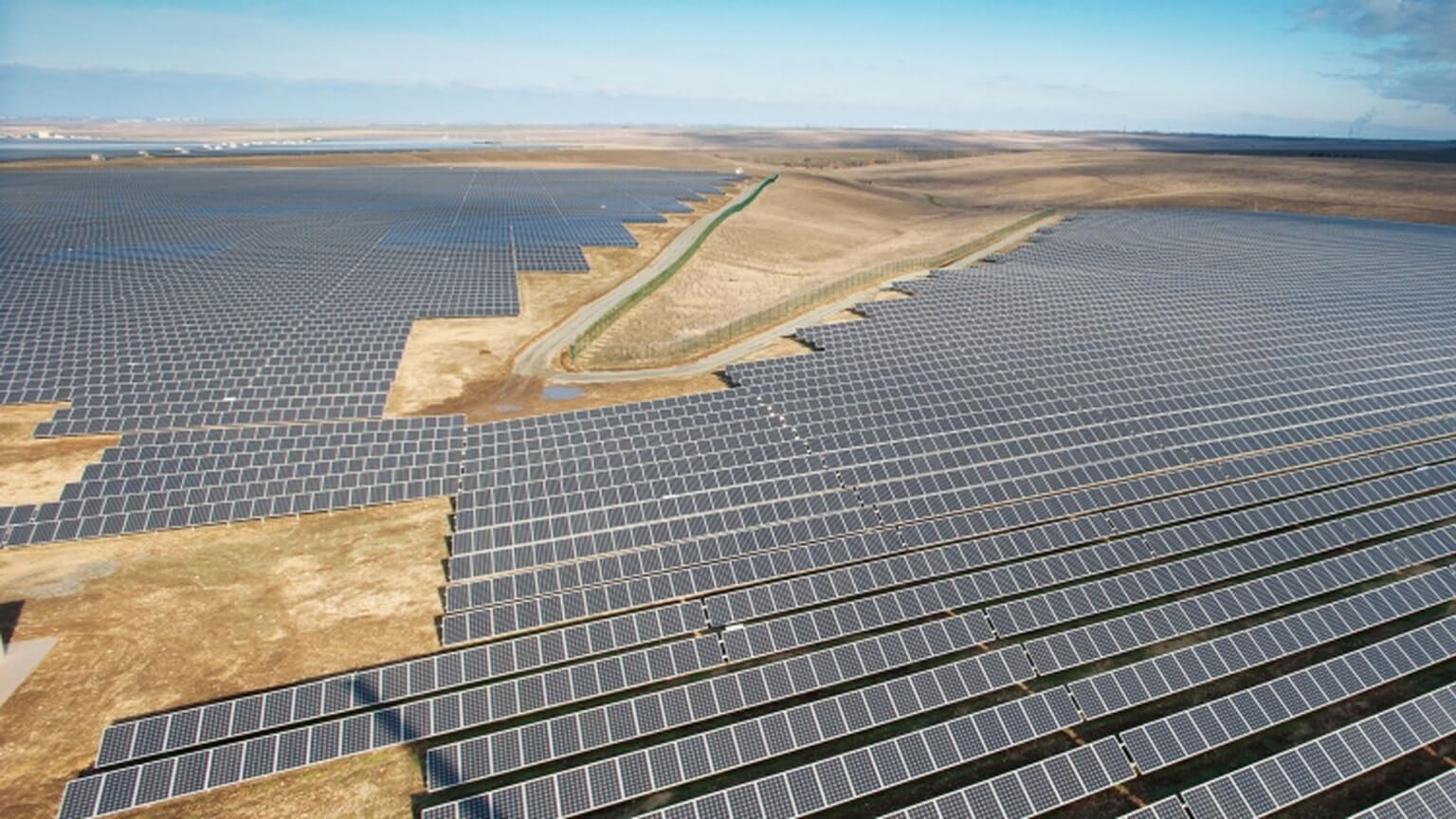In the ongoing decade, which ends in three months, Egypt has witnessed many shifts in its energy production, as well as consumption and demand. The discovery and kick-off of production at the Zohr gas field – the biggest discovery yet made in the Mediterranean Sea – constituted a cornerstone in the inflow of investments to the country and helped Egypt achieve production independence in natural gas.
Oil and gas are essential for any country – they bring us much needed foreign currency, light up houses and streets, power factories and foster stability. However, they also put a huge strain on the planet in the form of CO2 emissions – a price humanity happily paid before the onset of renewable energy technologies. It is noted, however, that Egypt’s non-oil exports grew by only 2.3% in the first half of 2019, making the oil sector Egypt’s most significant exporter and attractor of foreign direct investment (FDI). Generally, the oil sector underpins the world economy and is in a hand-in-hand dynamic with economic growth.
That did not stop the renewable energy hype from taking over Egypt midway through the 2010s, evident in the announcement of a number of mega projects, such as the world’s largest solar farm, the 1.8-gigawatt Benban Solar Park, which has already begun production. Lessening Egypt’s dependence on foreign oil is one obvious advantage to the government’s plan to produce 20% of the nation’s electricity via renewable energy sources by 2020. However, could aggressively pursuing such goals potentially undermine the country’s oil industry and its positive impact on economic growth? A research paper by Badry Hechmy of the University of Tunis’ Faculty of Economic Sciences and Management attempts to forecast the answer to this question.
MENA’s renewable energy capacity
“Energy consumption is growing in this region between 3% and 8% per year,and the demand for electricity alone is expected to increase by 84% in 2020 compared to 2010,” the paper reads. “According to the International Energy Agency (IEA), [potential] solar energy in MENA countries alone can generate a hundred times more electricity […] than the electricity consumption of the Arab region and Europe combined.”
The impact of renewable energy resources on trade
Hence, if fully utilized, the region, as well as one of its biggest oil importers, Europe, would effectively not need any gas. Accordingly, the MENA region’s exports would dwindle, altering its trade balance. There is yet a long way to go to get there, but should countries in the region, including Egypt, factor in such a worrying prediction in their long-term growth plans?
Of course, calling the potential effects of renewable energy worrying is bound to raise some eyebrows. For one, renewable energy has been said to have an indirect positive impact on economic growth in the form of reduced CO2 emissions. This alone could save the world’s economy billions of US dollars in healthcare, for instance.
The impact of renewable energy resources on the economy
Potentially ending the oil era as we know it may be disastrous for trade, but what about the overall economy?
“Volatility in fuel prices, population growth, rapid urbanization and economic expansion are putting pressure on the financial resources of many non-oil-MENA countries and on the existing energy infrastructure, which requires relatively new large investments,” Hechman writes.
Previous papers quote the director-general of the International Renewable Energy Agency (IRENA) as saying that MENA can save up to $750 billion in renewable energy consumption up to 2030, if the target of using renewable energies in the range of 5–15% by the year 2030 is achieved against 36% in the world. The current world consumption of renewable energies is around 16–17%.
To put that into perspective, $750 billion is almost equivalent to Saudi Arabia’s GDP, the region’s largest economy. That figure – if invested properly in pushing forward the region’s non-oil sectors while leveraging the indirect economic privilege of reduced CO2 emissions – could potentially bring about much-needed prosperity and economic growth to the region’s non-oil MENA countries, at the forefront of which is Egypt.









